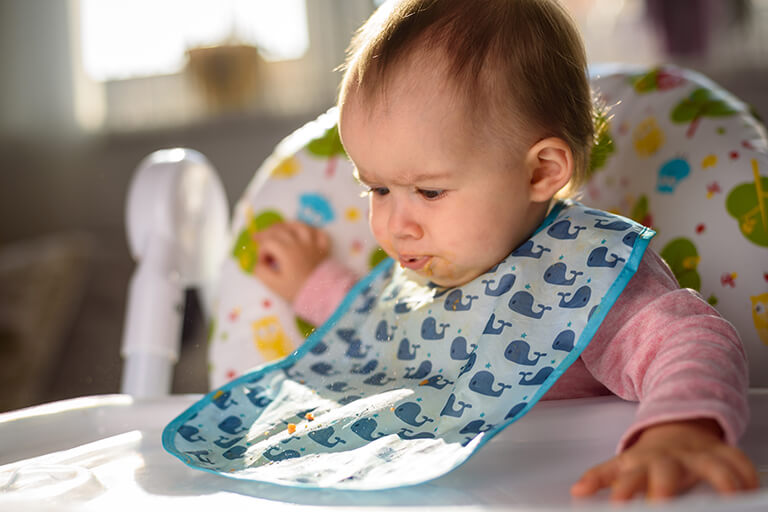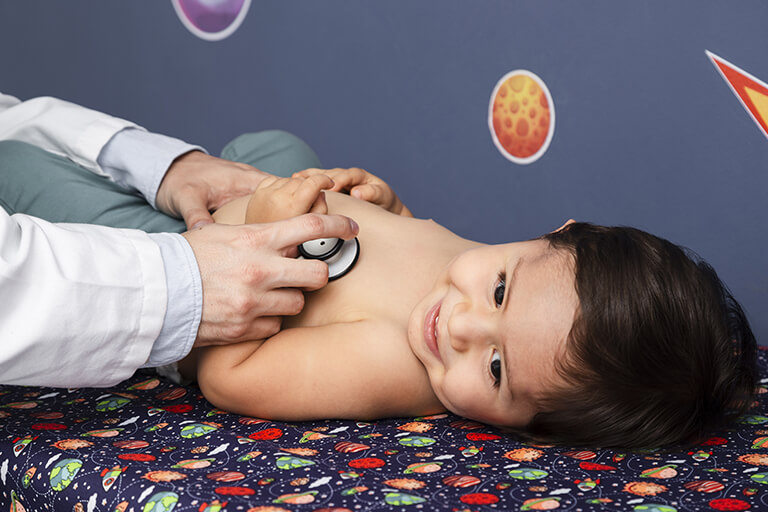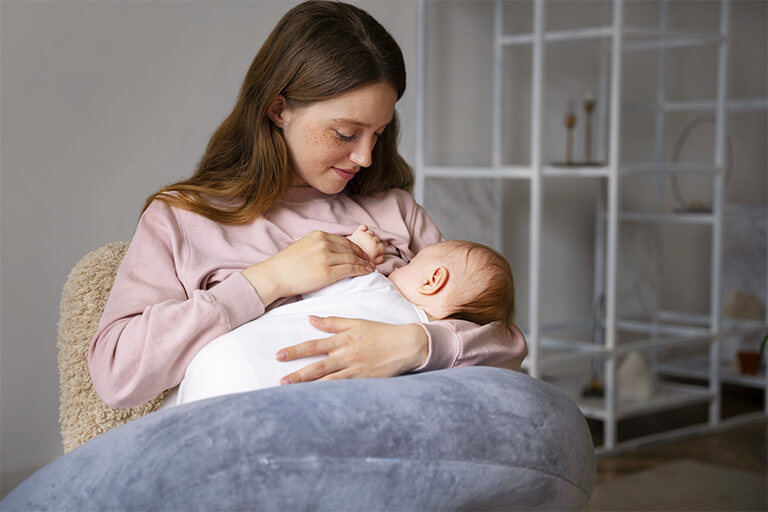Dealing with a naughty child can be one of the most challenging aspects of parenting. Every parent faces moments of disobedience, anger, or resistance. But with the right approach, these behaviors can be managed effectively. In this article, we share practical strategies from Dr. Olfa, a pediatrician renowned for her creative and effective behavior management techniques. Why Kids Act Naughty: Understanding Behavior Before addressing naughty behavior, it’s essential to understand why it happens. Common behaviors include: Disobedience or refusal to follow rules Tantrums and emotional outbursts Seeking attention in inappropriate ways Children might act out due to unclear boundaries, unmet emotional needs, or even underlying developmental challenges. Observing your child’s behavior helps identify triggers and patterns, allowing you to respond more effectively. Set Clear Rules and Boundaries That Work Consistency is key to managing disruptive behavior. Children thrive when they know exactly what is expected of them. Dr. Olfa emphasizes the importance of clear rules and consistent consequences. Tips for setting boundaries: Use simple, direct instructions: “No hitting” instead of “Be good.” Apply consequences every time a rule is broken to maintain consistency. Praise and reward positive behavior to encourage repeat actions. Remember, positive reinforcement is often more effective than punishment. Communicate Effectively with Your Child Good communication is essential to understanding and guiding your child. Dr. Olfa advises parents to practice active listening—that is, paying attention to what their child is saying without interrupting. How to improve communication: Validate your child’s feelings: “I see you’re frustrated, and it’s okay to feel that way.” Teach your child to express emotions verbally instead of acting out. Model calm, polite conversation—they often mimic adult behavior. Executing Time-Outs and Consequences Time-outs and logical consequences can be powerful tools when applied fairly and consistently. Key points: Time-outs allow your child to cool off and reflect. Use one minute per year of age. Logical consequences connect actions to results: e.g., if toys aren’t put away, playtime is reduced. Avoid physical punishment, which can lead to fear or anger. Focus on teaching, not scaring. Encourage Good Behavior with Rewards and Choice Supporting positive behavior strengthens your child’s confidence and promotes cooperation. Practical strategies: Reward good behavior with praise, stickers, or extra playtime. Give choices: let your child choose between two approved options to feel in control. Spend quality time together—strong relationships reduce misbehavior. Conclusion Dealing with a naughty child requires patience, consistency, and proactive strategies. By understanding behavior, setting clear limits, communicating effectively, and encouraging positive actions, parents can create a supportive environment where children learn and grow. Parenting is a journey that demands flexibility and adaptation. With the right techniques and support, your child can grow into a well-mannered, emotionally healthy individual. For more expert parenting tips and tricks, visit Dr Olfa and discover strategies that help your child thrive.
04 248 1000
drolfa.k@gmail.com
Sat - Thu: 9:00am - 7:00pm













